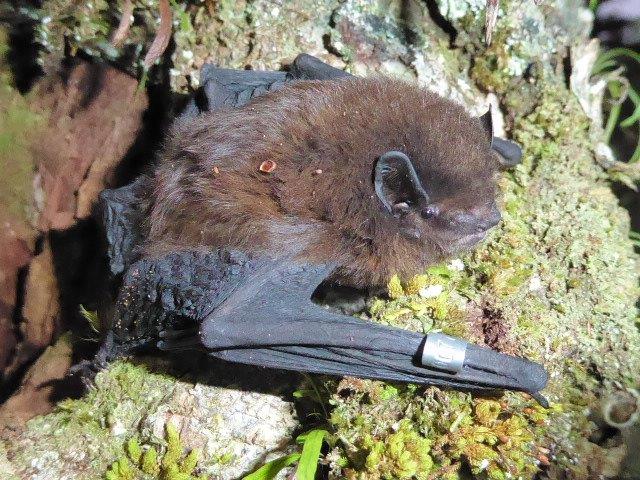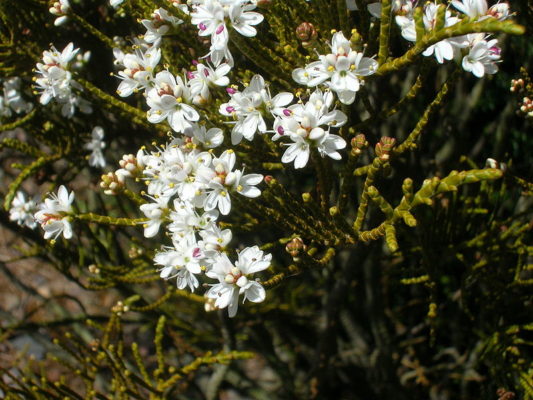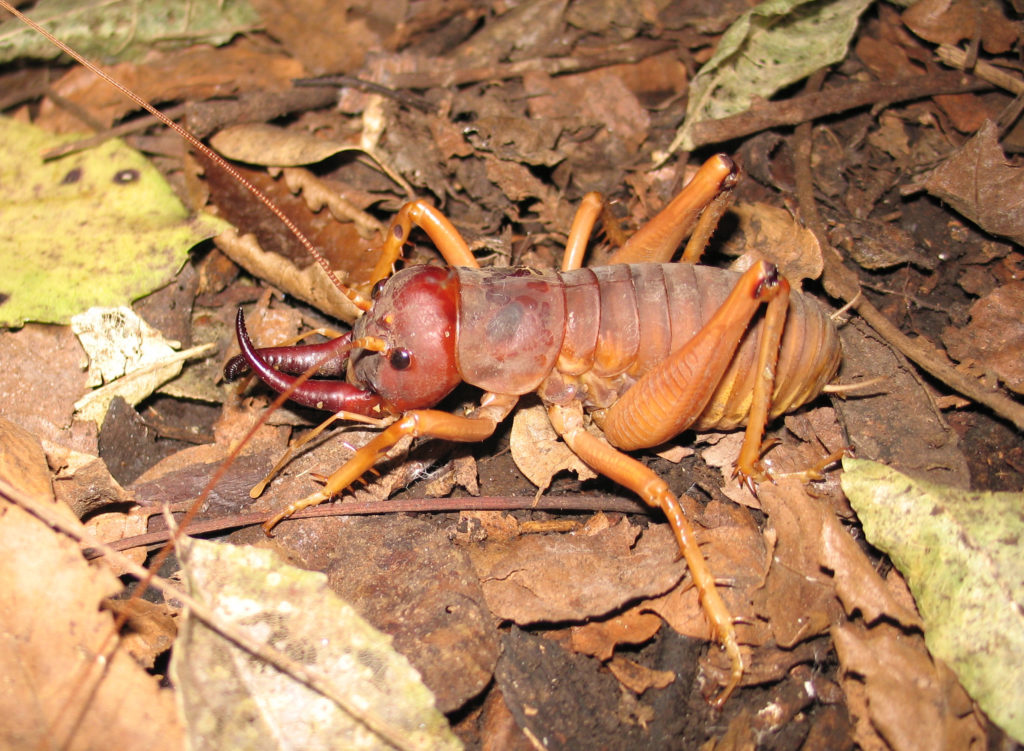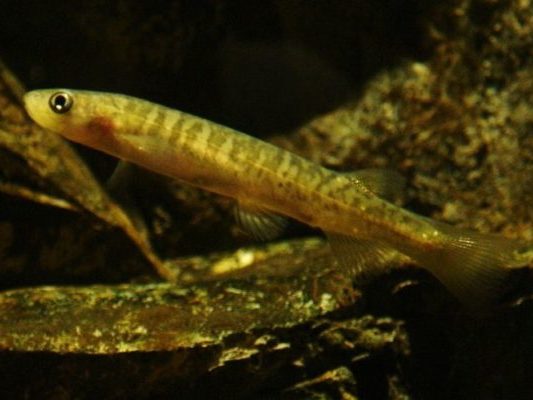Conservation articles can be full of doom and gloom and struggle. But what about the success stories out there? An article just published online in the Journal of the Royal Society of New Zealand looks at 7 conservation success stories from the last 30 years.
But first of all, how do you define a conservation success story? These days, for example, with a better understanding of genetics, success has to be more than simply having lots of individuals. If those individuals are all descended from a small starter population – inbred and genetically close to clones – then you may not have a strong, viable population in the long term.

“Conservation success for endangered species is defined in numerous ways, including: increased numbers of individuals and/or populations, population trajectories or growth towards carrying capacity or becoming self-sustaining, improved conservation status, increased distribution, protection from causes of decline, increased area inhabited that falls under protection, and the strength of legal protection afforded nationally or internationally. However, the relative importance of these criteria is fiercely debated. Even when successes are identified on one front (e.g. increased number of individuals), long-term success is conditional on other factors (e.g. consequences of inbreeding if populations are based on small numbers of founders.”
Unlike many conservation success stories, the article doesn’t just focus on the birds. The authors have covered the spectrum with a plant, reptile, insect, native mammal, fish and whale included in their quest to exemplify what makes a ‘conservation winner’.
“The taxa chosen were: Hebe armstrongii, Mercury Islands tusked wētā, Galaxias vulgaris, tuatara, saddleback, long-tailed bat and humpback whale. Three of the case studies (hebe, wētā, galaxiids) illustrate the lack of attention compared to birds, possibly limiting conservation achievements. The case studies nominated emphasise the strong focus of conservation to date on vertebrates, as they include some of the strongest conservation winner stories.”

In a case study like this you’re not comparing ‘eggs with eggs’. So how do you compare a hebe with a tuatara for example?
“Each case study was founded on the same set of questions to allow comparisons across the examples and to explore knowledge that might be applied more widely to improve the number of winners.”
The questions were:
1. Why was the focal species chosen (to represent a class/group)?
2. What is the conservation story?
3. What were the conservation actions?
4. What makes this a conservation winner?
5. Why was it a success?
“The last question included consideration of whether success could be attributed to any of the following factors: endemism, charisma, public interest, treasured by Māori, one lead person, or specific actions.”
The authors found plenty to debate when defining the extent to which their chosen species were ‘success stories’.
“Discussion included whether the species is likely to be a long-term winner; i.e. what is the prognosis for the next 30 years and are challenges likely to remain the same or are new challenges likely to emerge for the species? In some cases, it is not yet certain that the species nominated will be winners in the long-term but they were nonetheless included to illustrate the ongoing and future conservation actions needed to achieve this goal. Finally, we ask if there is any knowledge gained from the conservation success of winners that might be applied to losers or near winners?”
So what are some of those success stories? Plants are something of an ‘underdog when it comes to conservation. Here is the hebe’s story.
“Hebe armstrongii is one of the few plant conservation successes, although it would be best described as a ‘partial winner’. It illustrates the issues native plants face in dryland ecosystems, following extensive loss of woody vegetation after human arrival and ongoing habitat modification and native vegetation clearance. H. armstrongii is a Nationally Endangered shrub found in montane bog pine (Halocarpus bidwillii) shrublands in Canterbury. H. armstrongii was first collected in the 1860s, but these known populations were extinct by the 1920s. H. armstrongii was not observed again in the wild until 1974, when a new population with only six adults was discovered near Castle Hill. The site was trampled and browsed by stock and only small patches of bog pine remained, interspersed with large areas of bare soil and grassland dominated by non-native species. In 1984, a second population with several hundred individuals (including adults and juveniles) was discovered in the Esk River catchment.”
Both physical and legal protection has been implemented since the mid-1970s. The plant equivalent of ‘captive breeding’ – translocation of nursery-raised plants – helped increase the population at the Castle Hill site. The H. armstrongii population at Castle Hill currently stands at 85 adults and over 250 juveniles, with the first signs of natural recruitment.

One dedicated botanist made a significant difference.
“Without the efforts of Brian Molloy, the Enys Scientific Reserve population would almost certainly have gone extinct. The former Department of Lands and Survey and DOC funded and implemented Molloy’s management recommendations. Research has improved our knowledge of the conditions needed for H. armstrongii regeneration, resulted in the planting of nearly a hundred nursery-raised seedlings, and led to the discovery of naturally established seedlings for the first time.”
Case study 2 is the Mercury Island tusked wētā.
“Few invertebrates have received the conservation attention that many vertebrates have over the past 30 years. The Mercury Islands tusked wētā (Motuweta isolata) stands out amongst invertebrate conservation efforts because of the variety of actions used to save it from probable extinction. This is a little-known conservation success story equivalent to the famous case of the black robin ‘Old Blue’.”
Middle Island in the Mercury Island group is free of introduced mammal predators and was the tusked wētā’s last refuge. The total land area of the island is only 13 hectares (although in ideal conditions a lot of wētā can probably fit into 13 hectares!).
“Numbers declined dramatically during the 1990s leading DOC to establish new populations on neighbouring mammal-free islands, and thereby reduce the threat of extinction. Too few Mercury Island tusked weta (MITW) were seen on Middle Island for direct translocations, so Winks et al. developed a captive-rearing method and 567 juveniles were produced and released on six nearby mammal-free islands between 2000 and 2009. All originated from one male and two females. These were the last MITW taken from on Middle Island.”
The rescue happened just in time.
“Since then there have been progressively fewer sightings of MITW reported from Middle Island and none have been detected since 2001 despite intensive monitoring. It is likely that that they are now locally extinct on Middle Island. The first experimental translocations to Double Island and Red Mercury Island in 2000 succeeded and MITW were removed for further captive-rearing (as second generation captive-reared insects from the original one male and two females were infertile) and for wild-to-wild translocations. Intensive monitoring on Red Mercury Island showed that the range of the insects expanded 100–150 m from the release sites each year and occupied over half the island by 2014. Later translocations to Korapuki, Stanley and Ohīnau Islands also succeeded but establishment has not been confirmed yet on Cuvier Island.”
All current individuals are descended from just one male and two females, so lack of genetic diversity is a potential threat to the species.
“MITW should now survive long-term. Their only threats are inbreeding and invasion by insectivorous mammals. The latter is mitigated with five separate populations.”
When it comes to Case Study 3 – the common river galaxiid (Galaxias vulgaris sensu lato), the conservation story is complicated by the ambiguous relationship we have with one of their main predators, the trout.
“As fishes are often the poor cousin of birds and mammals in terms of visibility, the biggest advances of the last 30 years have been: 1) using genetic tools to clarify systematics, 2) establishing three focussed recovery plans and groups to lead and coordinate the recovery of freshwater fish, and 3) a general increase in advocacy for, and public awareness of, our freshwater fish fauna and health of our waterways.”
Complicating the story even further for the common river galaxiid is that it turns out it’s not actually just one species. They may look pretty similar to us, but there are a number of different species and they’ve been genetically distinct lineages for a long time.

“After the discovery of extreme genetic structuring in the common river galaxiid, and four distinct genetic types in the Taieri River alone, Galaxias vulgaris sensu lato is now recognised as six distinct species, plus six further taxonomically deficient lineages. These new species are not simply recent isolates, ecotypes or evolutionary significant units (ESUs) (cf salmonids); each is separate from its sister taxon by a few million years.”
Then there’s the fact that one of their main introduced predators is a popular sporting fish.
In association with habitat loss and modification, many introduced fish species pose major threats to our native fauna, especially brown trout, Salmo trutta. Because this species is highly desirable to local fishers and tourists alike, it is difficult to get traction by portraying trout as the ‘stoats of our waterways’. Fortunately, several stream-resident fish populations survive above waterfalls that trout are unable to climb. Most small streams are of little or no value to trout fishers, and some headway is being made to remove trout from key streams in consultation with landowners, Fish & Game and other regional councils. Especially encouraging is the move to erect small concrete weirs to isolate headwater habitat in seven Canterbury and Otago rivers. Invasive species are removed from above these structures, then native fish strongholds are protected from this threat.”
These and the other success stories chosen by the authors, show the complexity of conservation and the important role innovation can play in finding solutions.
“Considerable attention has gone into the development of species-specific techniques, including captive breeding and translocation protocols, and genetic studies to define management units. All case studies demonstrated the need for continued conservation attention, as long-term success is not guaranteed. We believe by accentuating the positive outcomes of conservation, the wider community will realise that efforts to save endangered species have the potential to reverse the current extinction crisis facing the world.”
The full case study is published online in the Journal of the Royal Society of New Zealand. Only the abstract is freely available online, but non-subscribers may be able to access the journal through their public library.
The winners: species that have benefited from 30 years of conservation action (2018)

